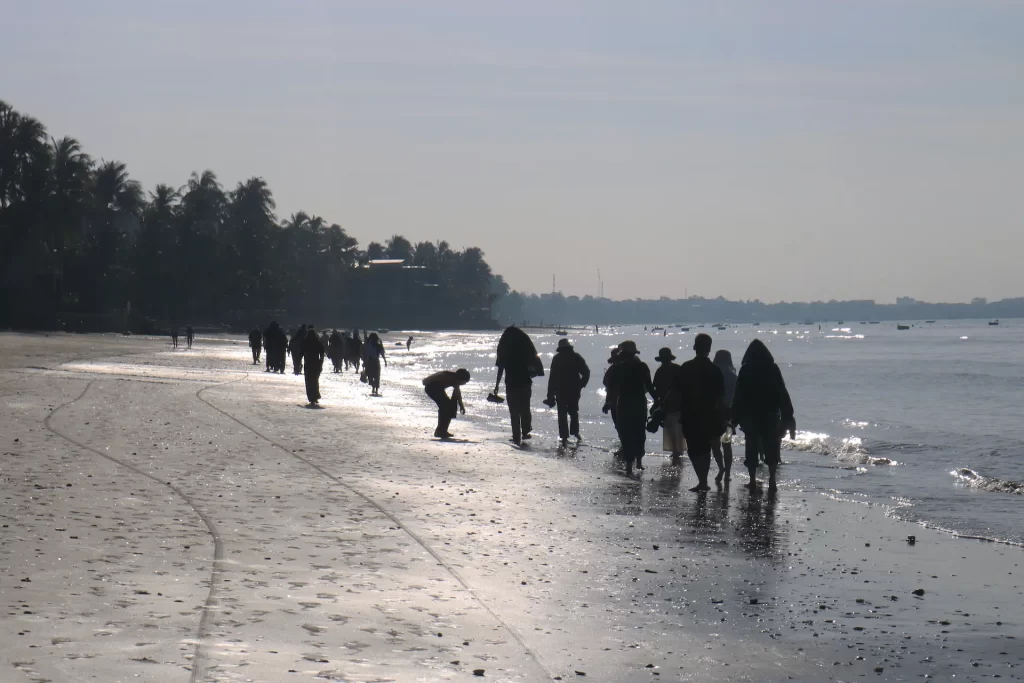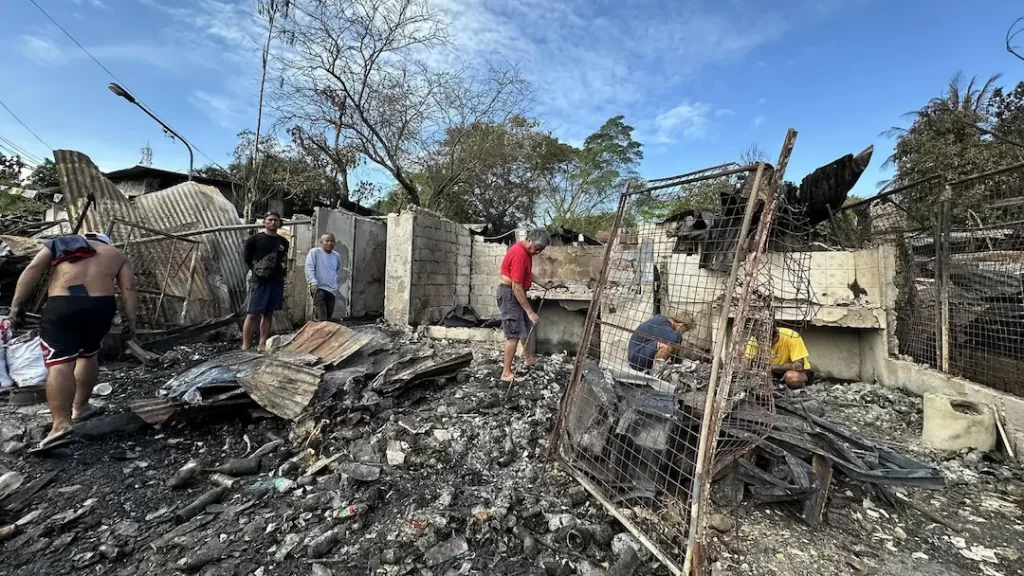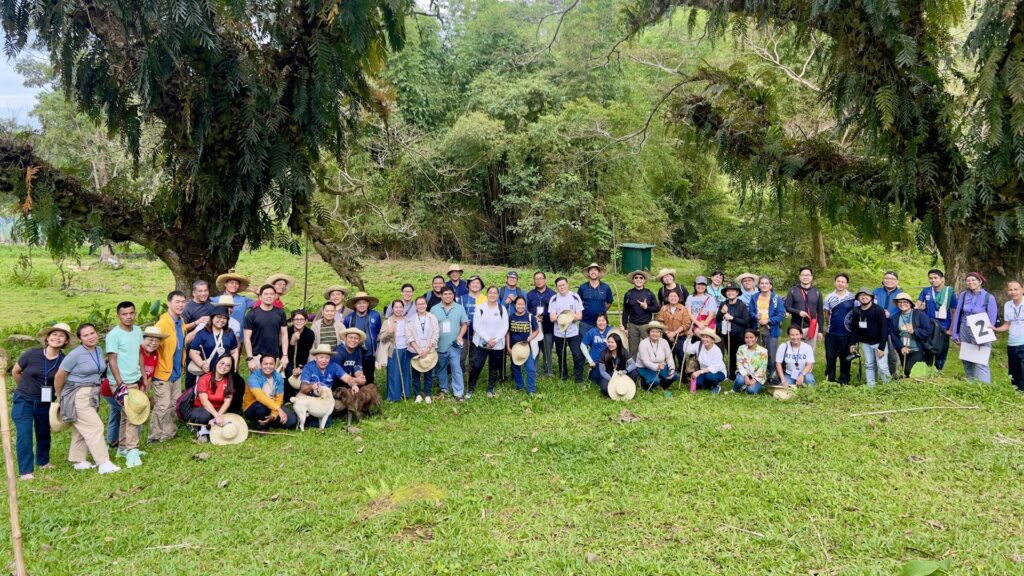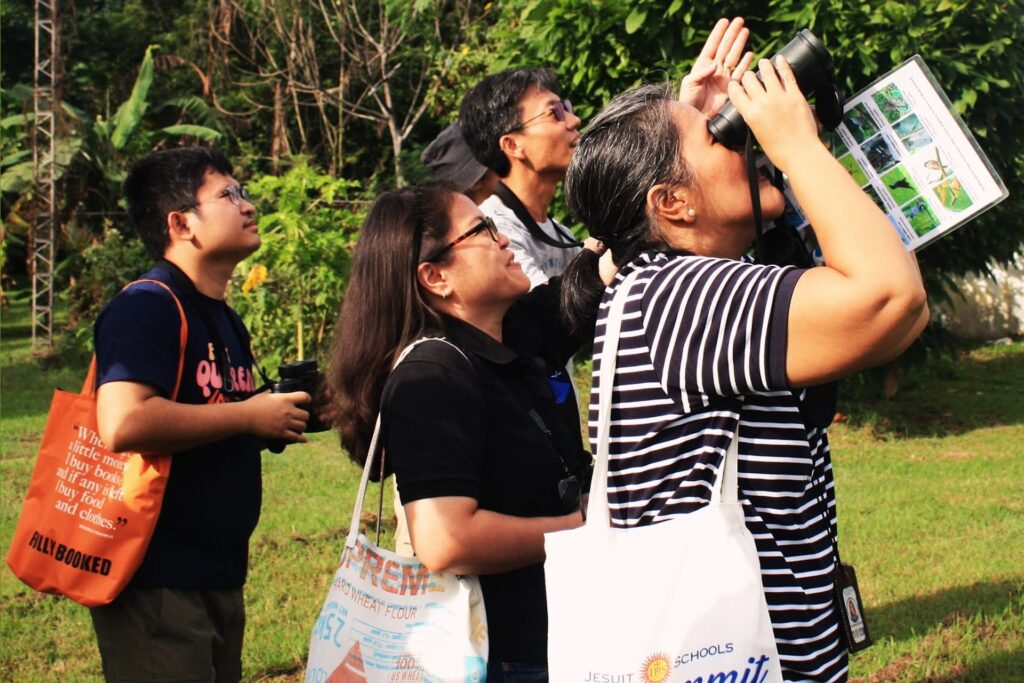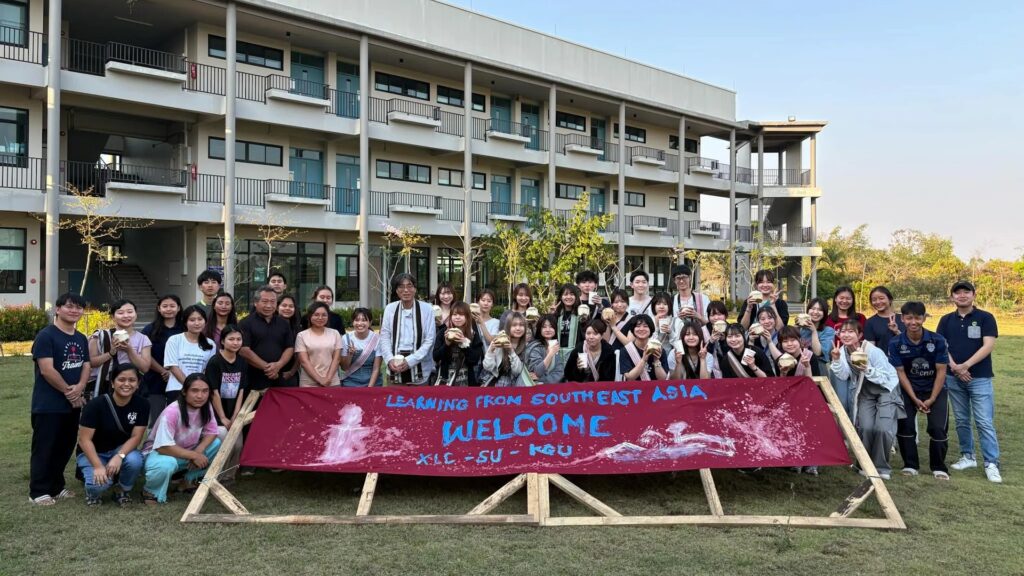Two Jesuit organisations collaborating on eco-justice recently had the opportunity to learn from one of the world’s leading experts on managing the impact of climate change. At a meeting in Australia in March, Professor Ottmar Georg Edenhofer shared his insights on the impact of induced technological change on mitigation costs and mitigation strategies, as well as the design of instruments for climate change and energy policy with Julie Edwards, CEO of Jesuit Social Services (JSS) in Australia, and Iris Legal of Environmental Science for Social Change (ESSC) in the Philippines.
Professor Edenhofer is Co-Chair of Working Group 3 of the Intergovernmental Panel on Climate Change (IPCC) and Deputy Director and Chief Economist at the Postdam Institute for Climate Change Impact Research. He was in Australia to speak on ‘Transitioning to a Low Emissions Future: Implications for global energy systems’ at the 2012 Douglas Copland Lecture organised by the Committee for Economic Development of Australia.
A professor of economics of climate change at the Technical University of Berlin, Professor Edenhofer emphasizes the value of science and research in addressing critical scientific questions in the fields of global change, climate impacts, and sustainable development. He also recognizes the value of transforming our education systems in a holistic way that integrates science, justice, and faith dimensions in our analyses and simulation and scenarios models. In him and his work we thus see a melding into one human continuum of these dimensions – the precision of science, the moral compass of social justice, and the wonder at creation.
Jesuit Social Services and Environmental Science for Social Change acknowledge that the challenge we face today amidst global change is to be able to strike a balance between economic growth and human development. In establishing this balance, science plays a significant role in our pursuit for answers but, at the same time, our engagement with people on the ground and various levels of government and our attitude towards global environmental change broaden and deepen our experience and impact.
Both organisations are seeking to work towards this goal – prioritising both social justice and ecological sustainability for human development. They seek to further integrate the ecological, cultural, social, and spiritual components of their work that motivate our Jesuit commitment and mission to reconciliation with creation.
Source: Jesuit Social Services and Environmental Science for Social Change
Caption: Professor Ottmar Edenhofer with Julie Edwards (JSS) and Iris Legal (ESSC)
For more information on Environmental Science for Social Change (ESSC), go to www.essc.org.ph.
For more information on Jesuit Social Services, go to www.jss.org.au.


